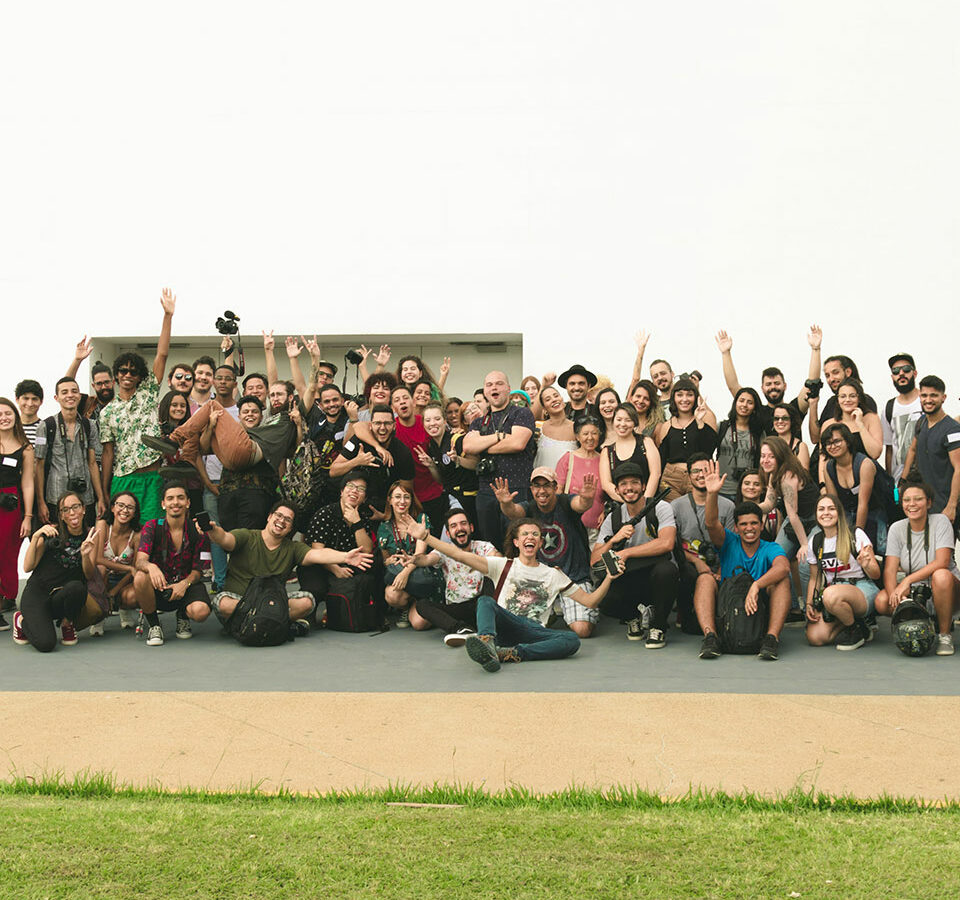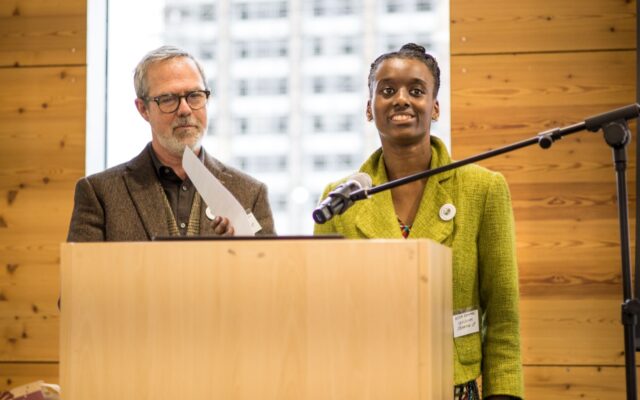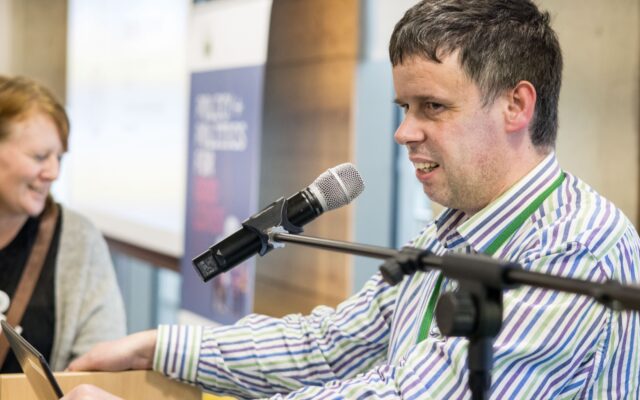Of all the people in England who require government intervention and support, one group stands out as having no strategy to ensure the quality of that support – those with learning disabilities. Wales and Scotland both have strategies that give clear direction to service development and investment of public funds.
In England, there remains only Valuing People from 2001, unmonitored, forgotten probably by most in government and now gathering dust on some shelf in a back room at the Department of Health and Social Care.
The idealism, hope and actual improvements that Valuing People brought now feel like a distant dream. Whatever its faults we can see in retrospect – no strategy is perfect – we miss it now it has gone.
It is therefore with great pleasure and renewed hope that we feature (pages 14-15) the work that Learning Disability England (LDE) is doing on its Good Lives framework. This is a collaborative mapping out of what it will take to ensure that people with learning disabilities in England have the opportunity to live rich and fulfilling lives, free from abuse, loneliness, exclusion and isolation.
A coalition of groups of people with learning disabilities and those who support them can be a powerful force, and it is essential that power is harnessed to achieve a better future.
Good Lives has the potential to form the basis of a new strategy that could reverse alarming trends of neglect, public ignorance and state apathy, and bring people with learning disabilities back to the communal table of society.
LDE is very clear it does not own this strategy. It sees its role as bringing together disparate groups – people with learning disabilities, families, supporters, staff, professionals, campaigners – to produce a new, realisable vision of the future. Community Living is delighted to be promoting this vision and to be working with LDE to develop and realise it.
A coalition of groups of people with learning disabilities and those who support them can be a powerful force, and it is essential that power is harnessed to achieve a better future. We appeal to readers – whatever their connection – to become involved in the development of the framework.
One of the areas covered by Good Lives, which marks a distinct departure from the more practical and concrete concerns of Valuing People, is “to love and to be loved”.
This is an important recognition that, at the heart of ideas such as belonging and inclusion, lies the need for emotional ties to others. To be physically within a community is not enough – the love of and for others is the real glue that binds us.
Babies, sex and taboos
Our cover story (pages 18-19) is on the issue of the reproductive rights of people with learning disabilities. Rachel Eastham’s article asks some important questions. Who decides who should have children? And if or when you get pregnant? Or not?
She outlines the difficulties faced by people with learning disabilities who might want (or not want) to have children. Clinical staff, social care staff and social workers often assume people with learning disabilities should not have children and, indeed, not have sex. There is a reluctance even to discuss sexual activity and contraception during health checks and in other situations where such discussions should take place.
All this can lead to lack of awareness about contraception, or women being encouraged to use long-term contraception, which can be difficult to reverse.
Once a woman with a learning disability gives birth, the chances of the child being taken into care or for adoption are very high, and these options are far more likely to be used than finding methods of support for the parents and the child.
The work Eastham and her research group are doing is addressing some of these taboos. They are, in their own words, “shining a light on capacity and informed consent in a way that is inclusive and understanding of people with learning disabilities”.
Simon Jarrett
Editor





